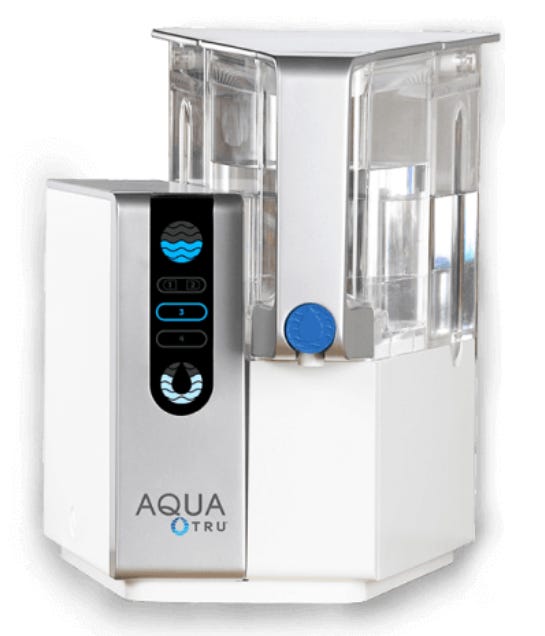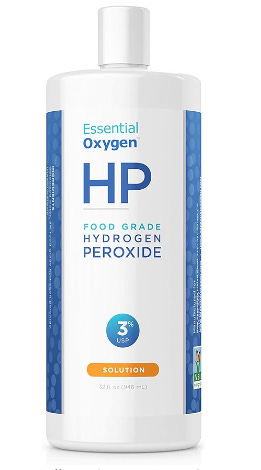Comprehensive Strategies: Managing Inflammation, Parasites, and Hygiene for Optimal Health
Holistic approaches to healing
Inflammation is the body's natural response to injury or infection, involving the immune system's white blood cells and their secreted substances. While acute inflammation is a necessary defense mechanism, persistent inflammation can lead to health issues, especially in cases of parasitic infections.
Parasites often trigger an inflammatory response as the body fights off these invaders. Some parasites directly cause inflammation or prompt an immune reaction resulting in inflammatory responses. Prolonged parasitic infections can lead to chronic inflammation, potentially causing damage to tissues and organs.
Addressing both inflammation and parasitic infections involves various strategies:
Anti-parasitic Treatments: Cellcore Biosciences offers specific treatments designed to combat and eliminate parasites causing infections. These treatments aim to eradicate and expel a broad spectrum of parasites from the body. Link to my Parasite 101 to learn more about Cellcore’s Full Moon Parasite Protocol that includes Para 1, Para 2, Para 3, and Biotoxin Binder.
Hydration with Filtered or Distilled Water: Hydrating with Aqua True filtered or Pure Water distilled water is an essential component of sustaining overall well-being. The consumption of clean, purified water plays a critical role in facilitating the body's optimal functionality. Not only does it assist in maintaining proper bodily functions, but it also bolsters the immune system in its defense against various infections, including those caused by parasites. This purified water serves as a fundamental resource for the body's mechanisms in warding off potential health threats, contributing significantly to the body's resilience and overall health maintenance.
Washing Produce with Food Grade Hydrogen Peroxide: Washing fruits and vegetables with a 1:3 ratio of Essential Oxygen food-grade hydrogen peroxide to water can help eliminate potential parasites and reduce the risk of infections from consuming contaminated produce.
Anti-Inflammatory Diet: Incorporating a diet abundant in foods recognized for their anti-inflammatory attributes is a cornerstone in the quest for managing inflammation. Fruits and vegetables, laden with essential vitamins, minerals, and antioxidants, play a pivotal role in reducing inflammation within the body. Moreover, the inclusion of fatty fish, particularly varieties rich in omega-3 fatty acids like salmon, mackerel, and sardines, is known to significantly mitigate inflammation due to their anti-inflammatory properties. Nuts and seeds, such as almonds, walnuts, and flaxseeds, are dense with healthy fats and compounds that actively combat inflammatory responses. By embracing these foods, individuals not only harness the power of natural anti-inflammatory agents but also lay the groundwork for a well-rounded, health-promoting dietary approach that aids in minimizing overall inflammation, potentially contributing to improved health outcomes.
Supplements: Certain supplements, including turmeric with its active component curcumin, ginger, and omega-3 fatty acids, have garnered attention for their notable anti-inflammatory properties. Turmeric, containing curcumin, is renowned for its potent anti-inflammatory and antioxidant effects. Similarly, ginger, with its bioactive compounds gingerol and shogaol, is believed to possess anti-inflammatory properties, potentially contributing to mitigating inflammatory responses. Omega-3 fatty acids, commonly found in fatty fish like salmon and in supplements, are recognized for their ability to curb inflammation. Even though these supplements are generally considered safe, consulting with a healthcare professional ensures that the chosen supplements are suitable, taking into account individual health conditions, existing medications, and potential interactions, thereby optimizing the efficacy and safety of the supplement regimen.
Photo by Mockup Graphics on Unsplash Natural Remedies: Natural remedies like garlic, oregano oil, and wormwood have been heralded for their potential anti-parasitic properties. Garlic, with its active compound allicin, is believed to exhibit antimicrobial effects, potentially combating various parasites. Oregano oil contains carvacrol and thymol, compounds known for their antimicrobial and anti-parasitic qualities. Similarly, wormwood, rich in sesquiterpene lactones, is often recognized for its anti-parasitic attributes, particularly against certain intestinal parasites. While considered natural, their effectiveness and safety can fluctuate, and adverse reactions or interactions with existing health conditions or medications may occur. Therefore, seeking guidance from a healthcare provider is crucial before integrating these remedies, ensuring appropriate usage and understanding any potential risks associated with their use.
Hygiene Practices: Maintaining stringent hygiene practices stands as an integral defense against parasitic infections. This encompasses a range of measures, from the fundamental practice of thorough and consistent hand washing to the
avoidance of contaminated food and water sources. Moreover, an often overlooked yet crucial aspect involves maintaining clean living spaces. Implementing air filters in homes contributes significantly to this aspect of hygiene. High-quality air filters, such as Air Doctor help in reducing the presence of airborne particles, potential allergens, and parasites that could be circulating indoors. By capturing and filtering out contaminants, air filters aid in creating a cleaner and healthier indoor environment.
Always seek guidance from a healthcare professional for accurate diagnosis and treatment. Implementing the washing of produce with a solution of food-grade hydrogen peroxide and water, along with these strategies, supports overall health and may contribute to better immune function.













